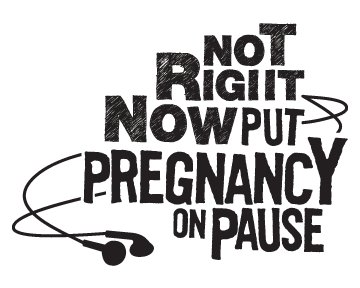 It's easy for new parents to worry about whether or not their baby is normal.
It's easy for new parents to worry about whether or not their baby is normal.
Check out our shortlist of some things to expect from each age group. Have more questions? Find a health center near you.
Newborns
All new parents will tell you having a newborn can be rough. Make sure you find time to rest so you're ready to take on all the challenges of parenthood.
- Babies move awkwardly. Their fine-motor skills develop over the child’s first two years of life, so arms and legs may seem to jump around and scare them. Wrapping a baby snugly in a small blanket (swaddling) for the first two months and talking in soft, affectionate tones makes them feel more secure.
- Sucking on something helps babies relax even when their tummies are full.
- Holding your baby or paying lots of attention to him or her won't spoil your child. It'll only help him or her feel safe.
Ages 3 to 6 months
By this time your baby is starting to get control of his head, arms and legs. He listens, watches and touches. He smiles when he’s happy and cries when he isn’t. He starts to know familiar faces, but strangers may scare him. Teething may begin near the end of this period.
- If your baby is having trouble with teething, comfort and soothe him with a cool teething toy and rub on pain medicine that's made for teething babies. Ask your doctor or pharmacist for suggestions.
- Babies this age don't know right from wrong and aren’t ready to learn the difference, so they're still young to be disciplined for what they do.
Ages 6 to 18 months
Your baby is growing quickly now! Most babies learn to sit, crawl, stand, walk and even talk during this stage. They begin to develop a sense of humor, and they’ll laugh when they think something is funny. One of the things they enjoy most is being with other people, but they might still be afraid of strangers.
- Let them follow you as you go through your daily routine.
- Let them feed themselves cooked vegetables and dry cereal from a high chair tray. It won’t be neat, but it lets them practice picking things up. It also keeps them busy for long time.
- This is a fun time to start playing games like peek-a-boo and pat-a-cake. You can also help your baby learn to point to his nose, eyes, mouth, and ears when you ask.
- Your baby will start to like books with cardboard pages and bright pictures, especially if someone looks at the books with the baby.
- Babies like to watch themselves in a mirror.Try putting the highchair or playpen near a mirror.
- “Not for babies” is a phrase they will learn to recognize, but it’s important to divert their attention from the forbidden object to something that’s safe to touch. Babies at this stage are too young to understand so they have to be reminded again and again,gently.
Toddlers
This is the age when children begin to realize that they are separate from their mother. They want to start doing things for themselves. That’s why they say "no" so often when asked to do something.
- Start practicing sharing and toilet training.
- Offer them choices whenever possible. Let them pick one of two shirts. That way they have a chance to make decisions without having to fight with you.
- Sharing is a hard thing to learn. Verbal praise for the times when they do share teaches more quickly and kindly than other methods. Avoid "ordering" children to share. Encourage children to put special things away that they do not wish to share.
- When it comes to toilet training, all children will be different. Ask your doctor to help you decide if your child is ready.
- Remember your child is curious. Make your house and yard as "child-safe" as possible so they won't fall down stairs, drink something poisonous, get hit by a car, or get hurt another way.
Preschoolers
Lots of learning takes place at this stage, and the questions preschoolers ask seem endless. It’s important to answer as well as you can in short simple sentences, and to remember that they need to have time and space to be active. Fears, showing off and using "bad words" are typical during this phase.
- Simple wooden puzzles, blocks, fat crayons and large paper are great toys that will help your child get ready for school.
- It's normal for your child to be afraid of the dark. It's part of their imagination starting to develop. Try using night lights and stuffed animals to cuddle with.
- Let your child help with simple chores and let her know she's doing a good job.
- Ignore "bad words." Try not to overreact, laugh, or give any attention to them.